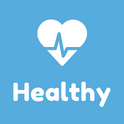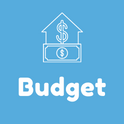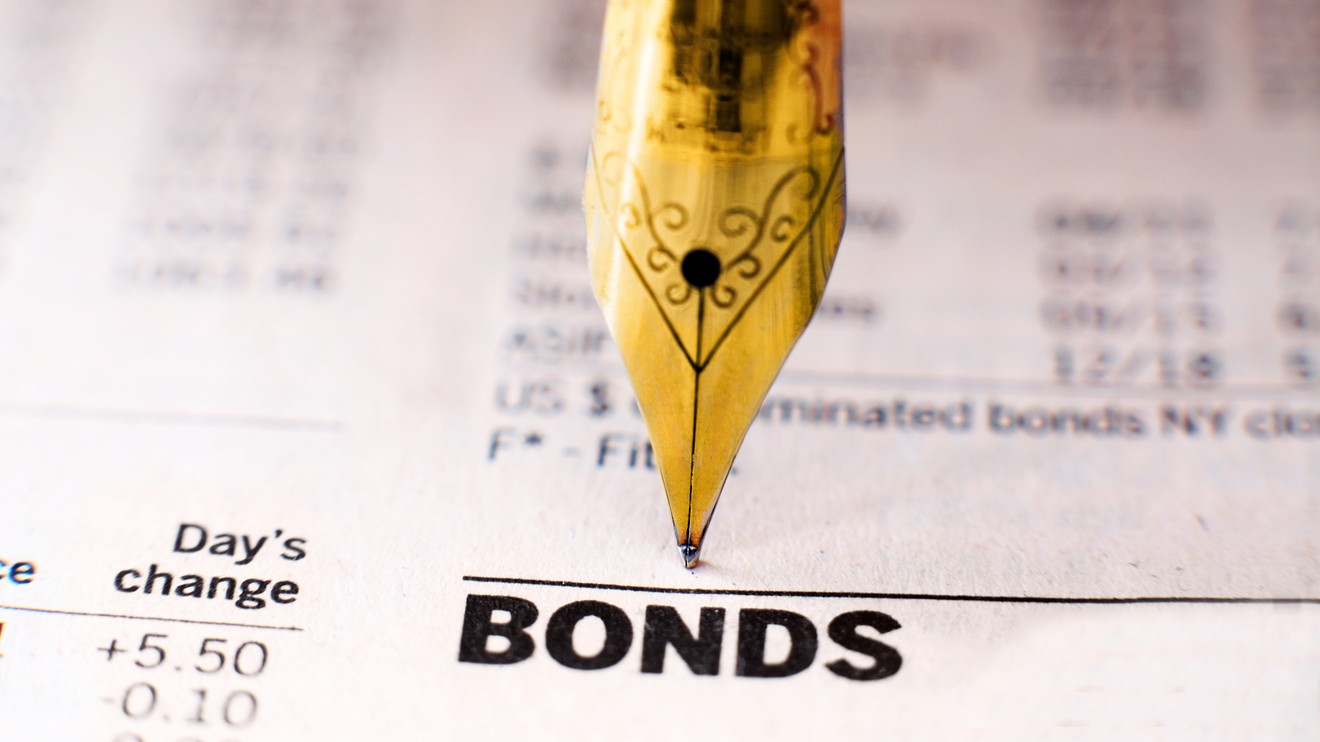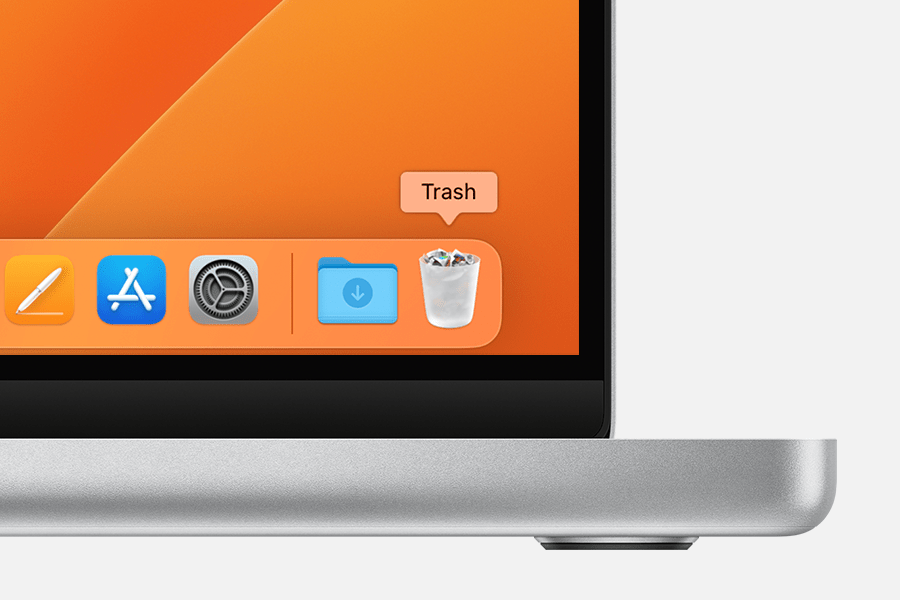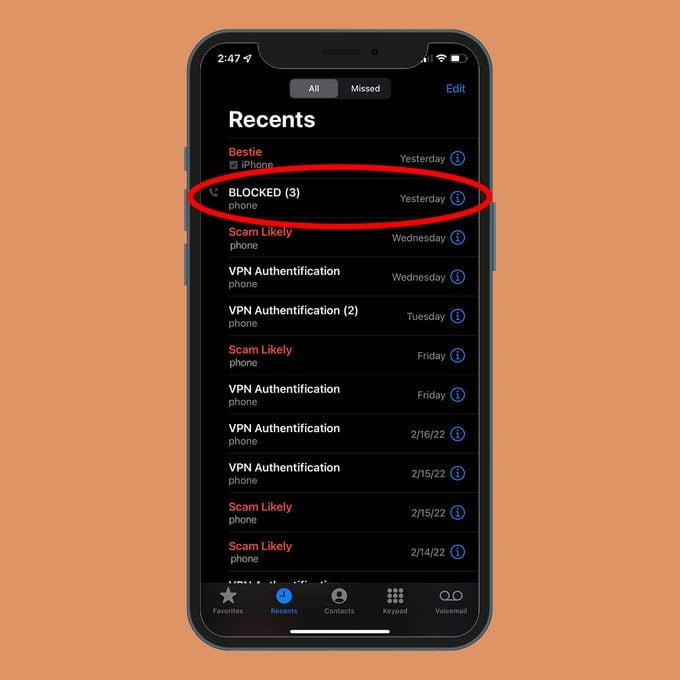How to get rid of hiccups
Here are ways How to get rid of hiccups. Hope the article is useful for you. Read more at x2coupons.com
Overview about hiccups
Most people occasionally experience hiccups. They ought to be brief in duration. Without visiting a doctor, you may typically wait for them to go away or treat them yourself.
People have devised an unending array of methods to get rid of them, ranging from ingesting a teaspoon of sugar to inhaling into a paper bag. But which treatments are effective?
Few research have been done to compare the efficacy of various hiccup treatments. Many of them, meanwhile, are supported by centuries’ worth of anecdotal data. Additionally, some of the most well-liked treatments actually activate the diaphragm-connected vagus or phrenic nerves.
Continue reading to discover the most well-known and efficient hiccup remedies.
Causes
When your diaphragm starts to uncontrollably spasm, you get hiccups. You breathe in and out with the aid of a sizable muscle called your diaphragm. Your vocal cords clamp shut as you inhale quickly during a spasm, producing a recognizable sound.
They typically appear and disappear fast. Hiccups may result from certain lifestyle variables, such as:
- overeating or eating too soon
- sparkling beverages
- spices in food
- drinking while under emotional stress or excitement
- being subjected to abrupt temperature changes
How to get rid of hiccups
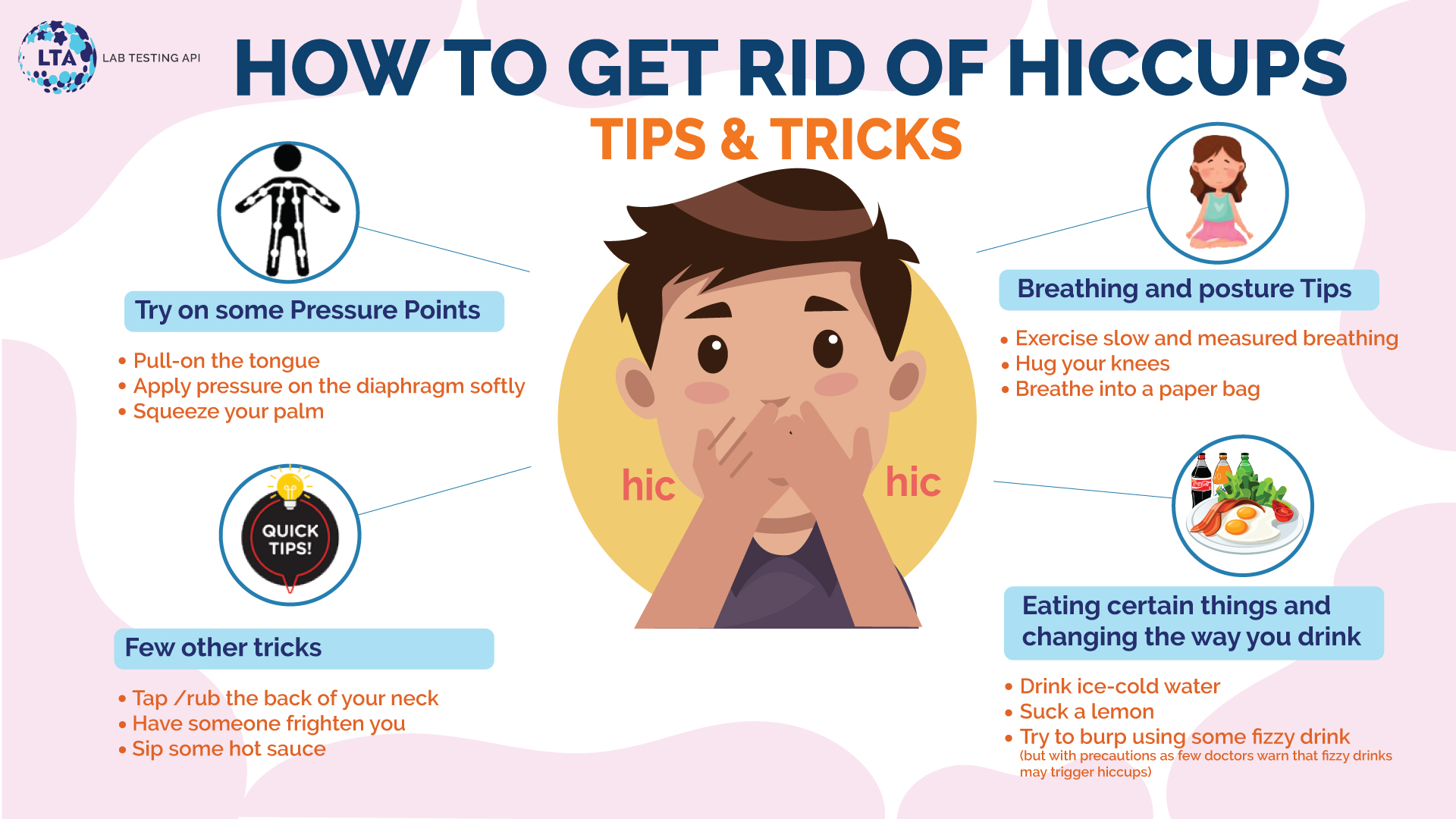
These advice is for glitches that last only a few minutes. Consult your doctor if your hiccups are persistent and remain for more than 48 hours. This could indicate an underlying issue that needs to be treated.
Breathing and posture techniques
Your diaphragm can sometimes be relaxed by making a minor adjustment to your breathing or posture.
1. Practice measured breathing. Breathe slowly and deliberately so as to not disturb your respiratory system. Take a five-count breath in and five-count breath out.
2. Hold your breath. Breathe in deeply, hold your breath for 10 to 20 seconds, and then gently exhale. Repetition is required.
3. Breathe into a paper bag. Your lips and nose should be covered by a paper lunch bag. Breathe in and out slowly while inflating and deflating the bag. Utilize no plastic bags.
4. Hug your knees. Choose a comfy spot to sit. Spend two minutes holding your legs up to your chest.
5. Compress your chest. Compress your chest by leaning or bending forward; this puts pressure on your diaphragm.
6. Use the Valsalva maneuver. Try to exhale while squeezing your nose and keeping your mouth shut to perform this maneuver.
Pressure points
Your body has places called pressure points that are highly sensitive to pressure. Your diaphragm may relax or your vagus or phrenic nerves may be stimulated by placing pressure with your hands on these locations.
7. Pull on your tongue. The muscles and nerves in your throat are stimulated when you pull on your tongue. Gently drag your tongue forward once or twice by holding the tip of your tongue.
8. Press on your diaphragm. Your lungs and abdomen are divided by your diaphragm. Put pressure on the region directly below the end of your sternum with your hand.
9. Squeeze your nose closed while swallowing water.
10. Squeeze your palm. Put pressure on the palm of your other hand with your thumb.
11. Massage your carotid artery. Both of your carotid arteries are located in your neck. It’s what you experience when you touch your neck to check your pulse. Lay on your back, tilt your head to the left, and rub your right side artery in a circular motion for 5 to 10 seconds.
Things to eat or drink

Your vagus or phrenic nerves may also be stimulated by modifying what you eat or how you drink.
12. Drink ice water. Drinking cold water slowly may help activate the vagus nerve.
13. Drink from the opposite side of the glass. To drink from the opposite side, tuck the glass up under your chin.
14. Slowly drink a glass of warm water without stopping to breathe.
15. Drink water through a cloth or paper towel. Sip through a cloth or paper towel-covered glass of ice-cold water.
16. Suck on an ice cube. Once the ice cube has shrunk to a manageable size, suck on it for a few minutes before swallowing.
17. Gargle ice water. Using icy water, gargle for 30 seconds. Repetition is required.
18. Eat a spoonful of honey or peanut butter. Before swallowing, let it dissolve a little bit in your mouth.
19. Eat some sugar. A pinch of granulated sugar should be placed on the tongue and left there for 5 to 10 seconds before being swallowed.
20. Suck on a lemon. Some individuals season their lemon slice with a little salt. To shield your teeth from citric acid, rinse your mouth with water.
21. Put a drop of vinegar on your tongue.
Unusual but proven adult methods
These techniques may be new to you, yet they are both supported by empirical research.
22. Have an orgasm. There is an old case study on a man who had hiccups for four days straight. He had an orgasm and they left right away.
23. Perform a rectal massage. According to another case study, a rectal massage provided instant relief for a guy who had been experiencing persistent hiccups. Insert a finger into the rectum and massage it while wearing a rubber glove and lots of lubricant.
Other remedies
Here are a few more tried-and-true treatments you can use.
24. Tap or rub the back of your neck. Your phrenic nerve may be stimulated by rubbing the skin on the back of your neck.
25. Poke the back of your throat with a cotton swab Gently swab your throat’s back with a cotton swab until you vomit or cough. The vagal nerve could be activated by your gag reflex.
26. Distract yourself with something engaging. When you stop concentrating on them, hiccups frequently go gone on their own. Play a video game, finish a crossword puzzle, or perform some mental math.
When to see a doctor
The majority of hiccup episodes disappear in a few minutes or hours. Consult your doctor if you experience hiccups frequently or if they linger longer than two days. Your hiccups may be a symptom of one of the following conditions:
- stomach acid reflux (GERD)
- Multiple sclerosis and stroke
Additionally, certain hiccup situations are more difficult to treat than others. Your doctor could recommend medicine to help them cease if this occurs. Typical treatments for persistent hiccups include:
- Metoclopramide, chlorpromazine, and baclofen (Gablofen) (Reglan)
Preventing hiccups

Making minor adjustments to your behaviors can typically prevent common cases of hiccups that are brought on by lifestyle variables. Here are some things to try if you discover that certain behaviors are giving you the hiccups:
- ingest fewer calories per serving
- more slowly
- Eat less spicy food
- less alcohol is consumed
- Avoid carbonated beverages
- To relieve tension, try relaxing exercises like deep breathing or meditation.

